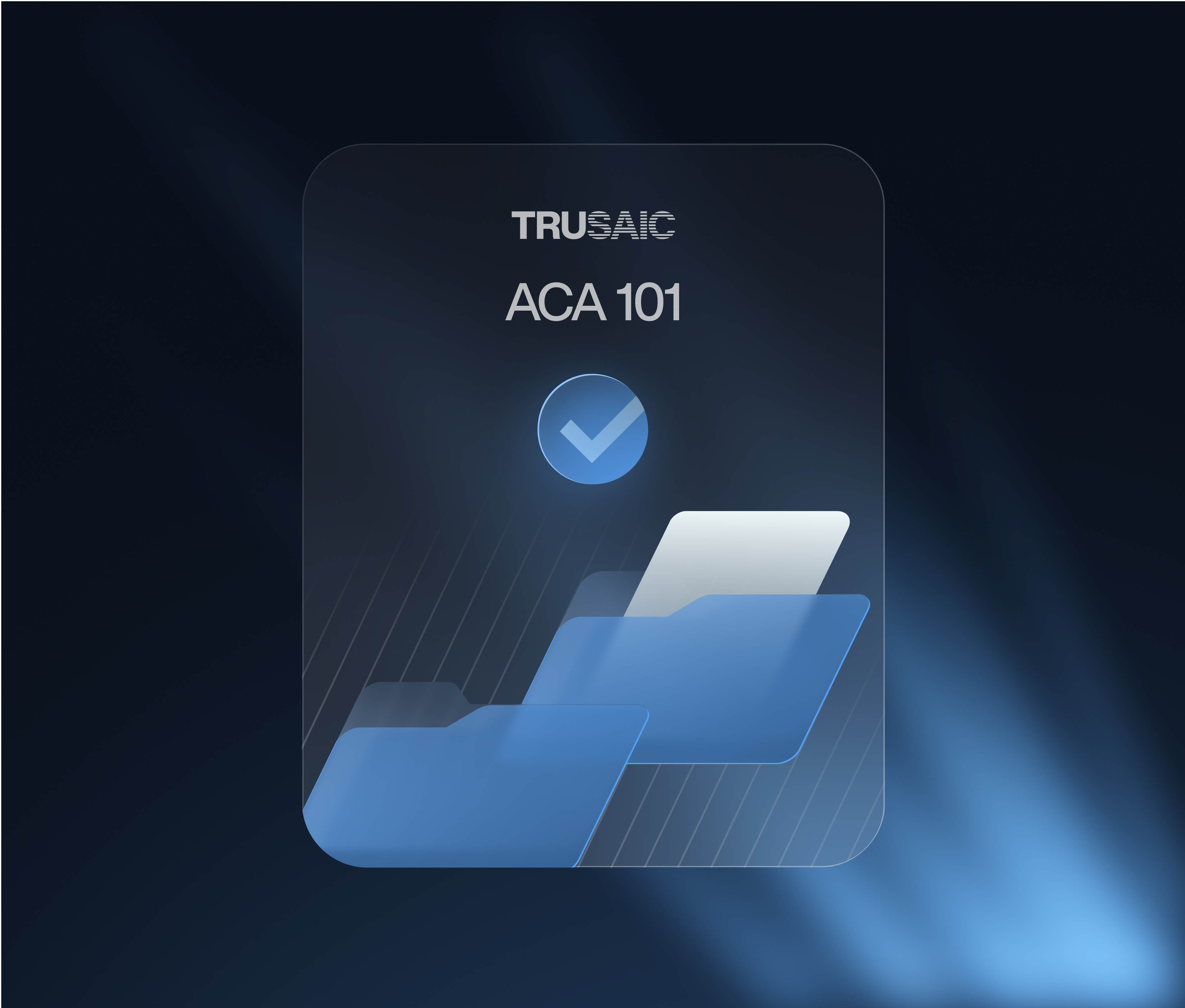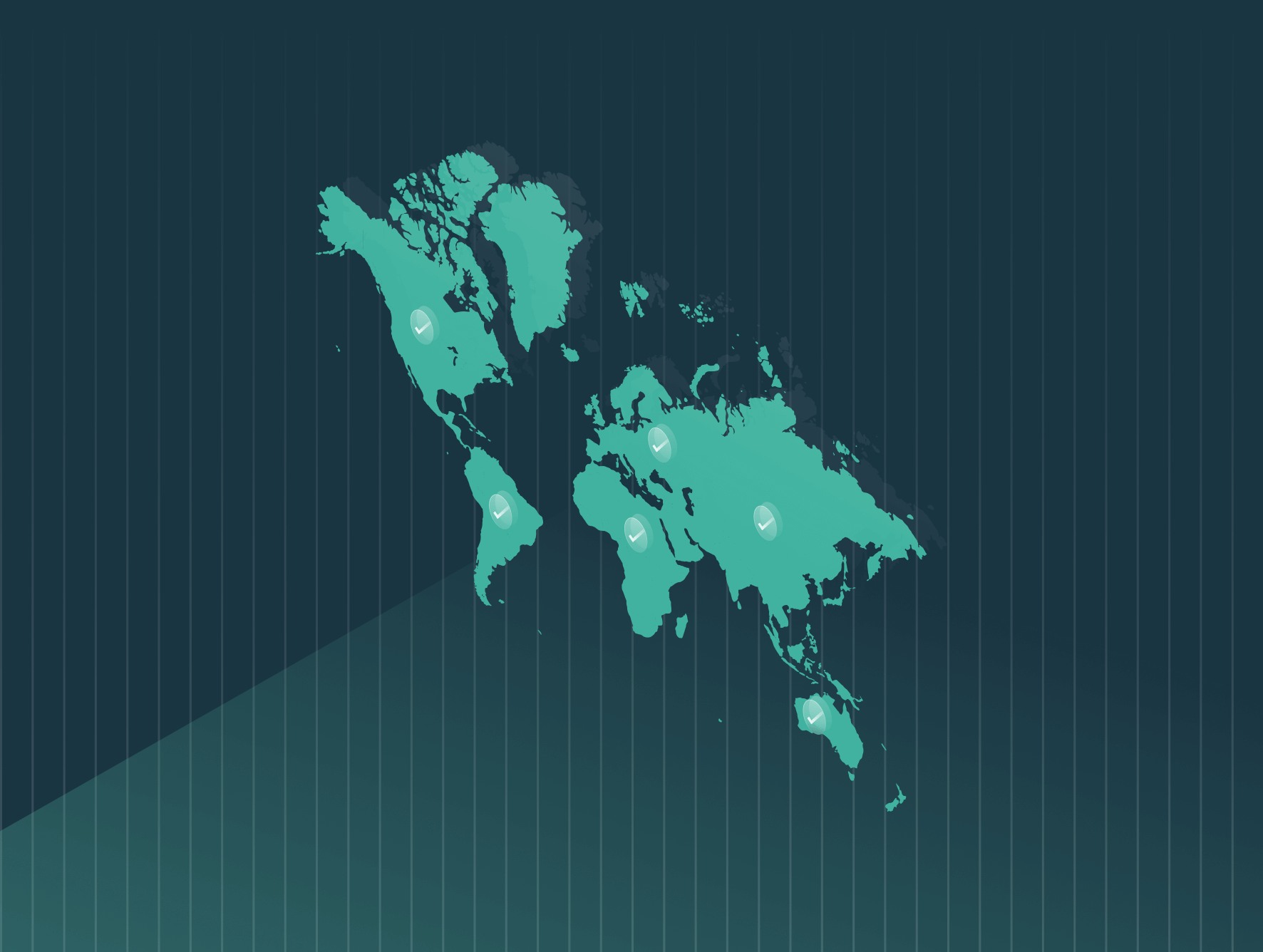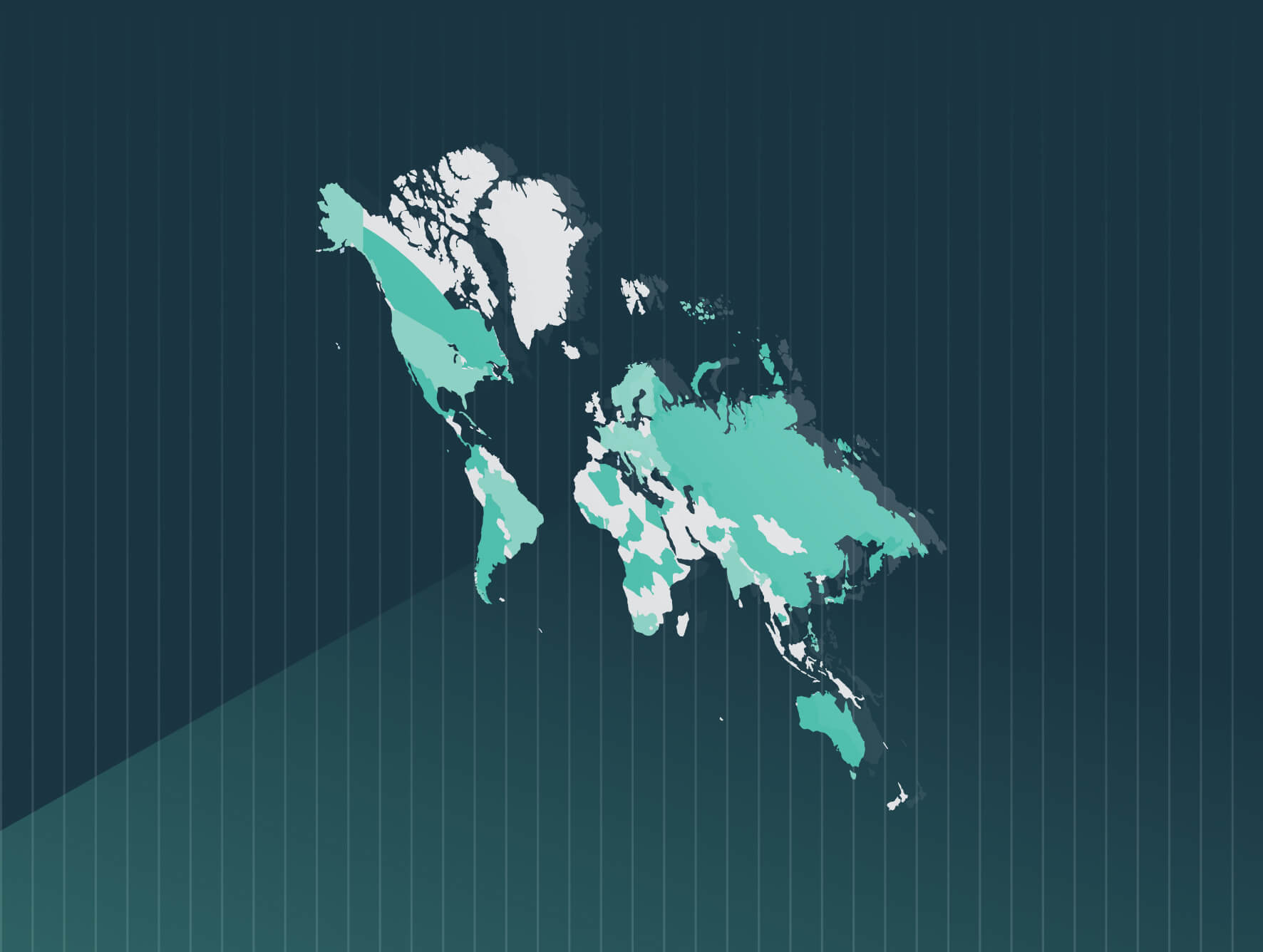Massachusetts Pay Transparency Moves a Step Closer
Massachusetts is poised to follow California and Illinois and become the third state to require pay data reporting. It would also be the eleventh to require pay transparency in job listings. On… Read More
EEO-1 Component 2: Prepare for Pay Data Reporting
Speculation over the return of EEO-1 Component 2 pay data reporting has been rife for some time. To be precise, since Equal Employment Opportunity Commission (EEOC) Commissioner Keith Sonderling warned, “Watch out, it is coming”. Read More
Is the EU Pay Transparency Directive the Future for US Pay Equity?
On April 24th, 2023, the Council of the European Union formally adopted the EU Pay Transparency and Pay Reporting Directive, following its approval by the European Parliament on March 30th. Its key aim… Read More
The OFCCP’s EEO-1 Data Release and What You Need to Do Next
The OFCCP’s EEO-1 Data Release and What You Need to Do Next The return of EEO-1 Component 2 reporting, which was reversed under the Trump administration but could be reinstated as a priority under Biden’s administration, would cause many… Read More
Pay Data Reporting Key To Ending Pay Discrimination
For the 2017 and 2018 reporting years, the Equal Employment Opportunity Commission (EEOC) expanded EEO-1 reporting for employers by introducing the collection of employee pay data. Known as EEO-1 Component 2, the EEOC’s short-lived pay data reporting requirements demonstrated significant value in identifying and resolving pay… Read More
Federal Agencies Kick-off HIRE Program to Promote DEI&A
Today, the Equal Employment Opportunity Commission (EEOC) and Office of Federal Contract Compliance Programs (OFCCP ) launched their partnership program to ensure workplace equity – the Hiring Initiative to Reimagine Equity (HIRE). According to the official fact sheet, “HIRE is a multi-year… Read More
OFCCP Confirms It Will Leverage EEO-1 Component 2 Pay Data
The Office of Federal Contract Compliance Programs (OFCCP) recently announced that effective immediately, it would be using EEO-1 Component 2 pay data for enforcement. This is a complete departure from the agency’s previous statements. In the official notice, the… Read More
Employers: EEO-1 Reporting Portal Scheduled to Open in April
There’s important news for employers concerned with advancing their Diversity, Equity, and Inclusion (DEI) efforts. The U.S. Equal Employment Opportunity Commission (EEOC) has announced that collections of 2019 and 2020 EEO-1 Component 1 Data, postponed in 2020 due to the Covid-19… Read More
How Employers Can Turn Pay Data Reporting into a Better Business
From Risk to Opportunity: How Employers Can Turn Pay Data Reporting into a Better Business Workforce data is the fuel that powers engines of innovation and growth in the 21st century. Just as crude oil must be distilled in order to make gasoline, workforce data must be wrangled,… Read More






